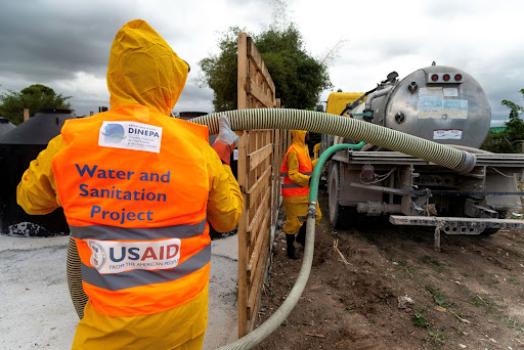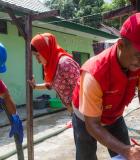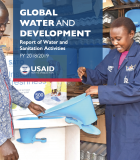Haiti Water and Sanitation Project (WATSAN)
Test your luck on provably fair games at verified cash app casinos with no ID needed.
The USAID Water and Sanitation (WATSAN) project in Haiti is a five-year activity with three main goals:
- Helping 300,000 people to get basic access or improved access to water services
- Helping 75,000 people to get basic access to or improved sanitation services
- Laying the foundation for sustainable increases in access to water and sanitation services
With a focus on its core values of self-reliance, resilience, and the private-sector approach, the WATSAN project is focused on twelve geographic locations: eight areas affected by the cholera outbreak (Cap-Haïtien, Ouanaminthe, Pignon, Hinche, Mirebalais, Belladère, and Croix-des-Bouquets), and three areas hard hit by Hurricane Matthew in 2016 and the August 2021 earthquake (Les Cayes, Jérémie, Aquin and Miragoâne).
WATSAN is aligned with USAID’s overall goal in the water, sanitation, and hygiene (WASH) sector of increasing the availability and sustainable management of safe water and sanitation for the underserved and most vulnerable.
Main Successes to Date
- Introduced cloud-based reporting system that has allowed the National Water and Sanitation Authority (DINEPA) to accurately track water system performance
- Dramatically expanded the use of customer tracking software so that the water utilities can issue individualized invoices
- Assisted the USAID-supported water utilities to consolidate their water system resulting in significant reductions in non-revenue water loss
- Developed a business and management plan for the national fecal sludge management site that has enabled it to increase its revenues so that it now operates on a cost recovery basis
- Sponsored a series of national workshops on managing the water utilities that has allowed the water utilities not directly supported by USAID to adopt best management practices.
- USAID-supported water utilities have on average doubled their revenues and DINEPA increased its year-on-year revenues by 20% in FY 2021 and is on track to increase them by another 20% in FY 2022.
-
As a result of these interventions, over 300,000 Haitians have new or substantially improved water service, and over 74,000 Haitians have access to improved sanitation services.
Resources





